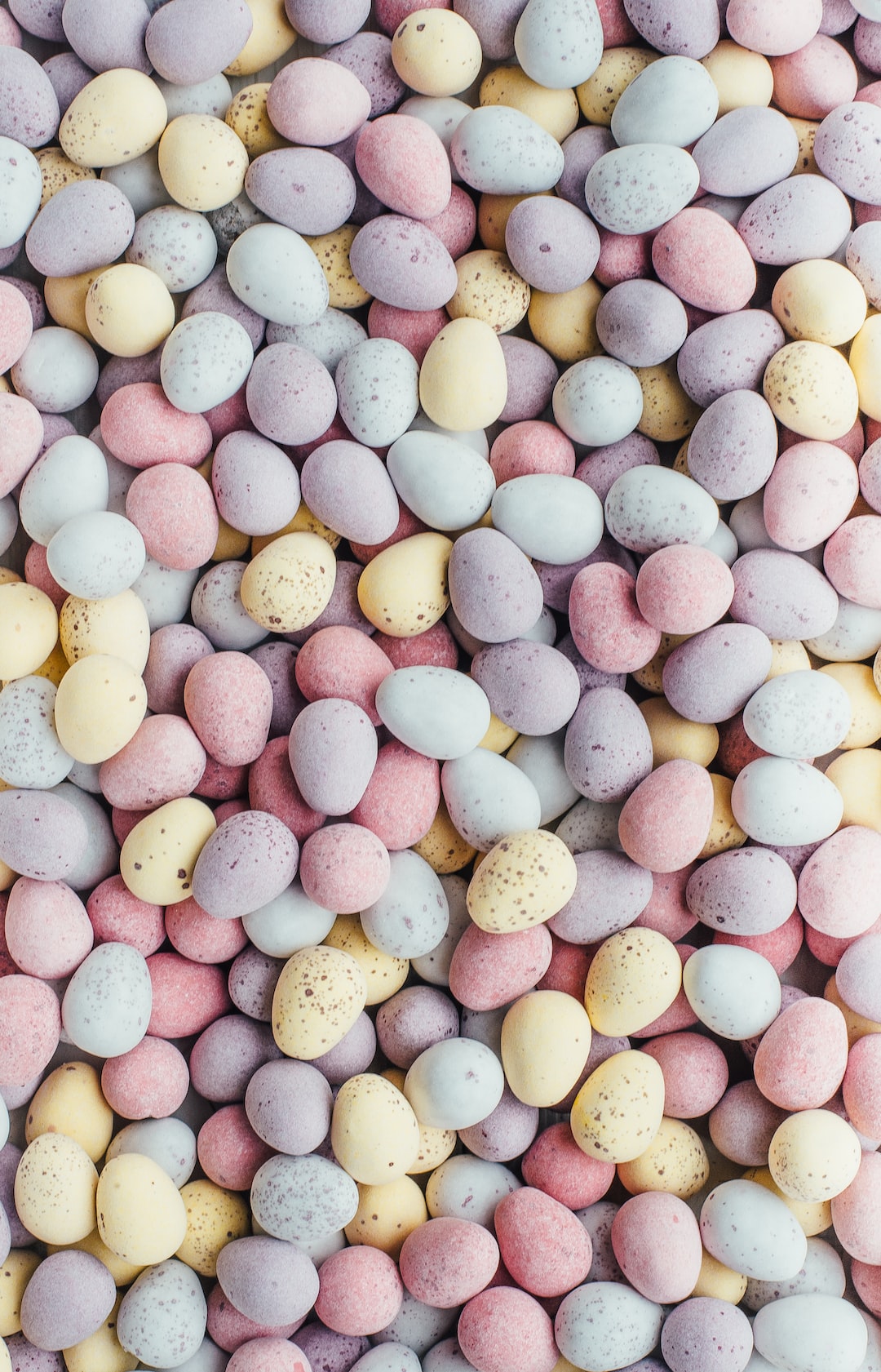The Role of Social Media Influencers in Shaping Beauty Standards
In today’s digitally connected world, social media platforms like Instagram, YouTube, and TikTok have become a primary source of inspiration for millions of people, especially when it comes to beauty and fashion. With the rise of social media influencers, these platforms have transformed into virtual beauty bazaars, where trends are set, products are promoted, and beauty standards are shaped.
Traditional beauty standards have long been perpetuated by the media, advertising, and celebrity culture. However, social media influencers have brought a new level of accessibility and relatability to the beauty industry. Unlike unattainable supermodels or celebrities, influencers often come from diverse backgrounds, with different body types, skin tones, and hair textures.
This diversity of influencers has allowed for a more inclusive representation of beauty. People of all ages, races, sizes, and gender identities now have the opportunity to find someone who embodies their unique beauty on social media platforms. This inclusivity has acted as a catalyst for the redefinition of beauty standards, challenging the one-size-fits-all mentality perpetuated by the mainstream media.
Moreover, social media influencers have played a vital role in shattering the myth of perfection. Through their authentic, unfiltered content, they have shown their followers that imperfections are part of being human. This transparency has helped individuals embrace their flaws and love themselves in a society that often expects perfection.
Social media influencers have also championed body positivity, encouraging self-acceptance, and promoting a healthy body image. By sharing their own struggles with body image and discussing their journey towards self-love, they have created safe spaces online where followers can find inspiration to embrace their bodies just as they are.
One of the most significant contributions of social media influencers in shaping beauty standards is their influence on the beauty industry itself. Influencers have become tastemakers and trendsetters, collaborating with major beauty brands and creating their own product lines. Their honest reviews and recommendations carry weight, and their followers trust their opinions more than traditional advertisements.
This shift towards influencer marketing has created a more customer-centric environment, where the power is in the hands of the consumers rather than the brands. Influencers have the ability to expose the incongruities and flaws of beauty products, demanding transparency and accountability from the industry. They have also pressured brands to prioritize diversity and inclusivity, pushing for a wider range of shades and representations in their product offerings.
While social media influencers have undoubtedly made positive changes in shaping beauty standards, there are also potential downsides that come with this influence. The abundance of edited and filtered content on social media can create unrealistic expectations, leading to feelings of inadequacy among followers. The pressure to conform and meet these unattainable standards can be damaging to individuals’ mental health, fostering a sense of self-comparison and negative body image.
Moreover, the monetization of social media has led to a surge in sponsored content, where influencers may promote beauty standards that align with the interests of brands, rather than promoting individuality and self-expression. It is crucial for followers to approach influencer content critically, recognizing that their opinions may be influenced by financial incentives.
To harness the positive effects of social media influencers and mitigate their potential downsides, it is essential for followers to foster a sense of self-awareness and self-acceptance. Recognizing that social media is merely a curated and edited version of reality, individuals should cultivate a healthy relationship with these platforms and use them as tools for inspiration rather than sources of self-worth.
Additionally, it is important for influencers to take on the responsibility of promoting a more realistic portrayal of beauty. By being transparent about editing and filtering their content, influencers can minimize the impact of unrealistic beauty expectations on their followers.
In conclusion, social media influencers have revolutionized the beauty industry, challenging traditional beauty standards, promoting diversity, and championing body positivity. Their influence has reshaped the way we perceive beauty, making it more inclusive and relatable. However, it is crucial for both influencers and followers to approach social media content with a critical eye, privileging self-acceptance and cultivating a healthy relationship with these platforms. By harnessing the positive power of social media influencers, we can continue to shape beauty standards in a more inclusive and empowering way.

